Mozambique will, this year, rebuild 104 health units affected by cyclones - government
Mozambique: New focus of Covid-19 in Gaza; one of the Sofala patients in Dondo district – A Verdade
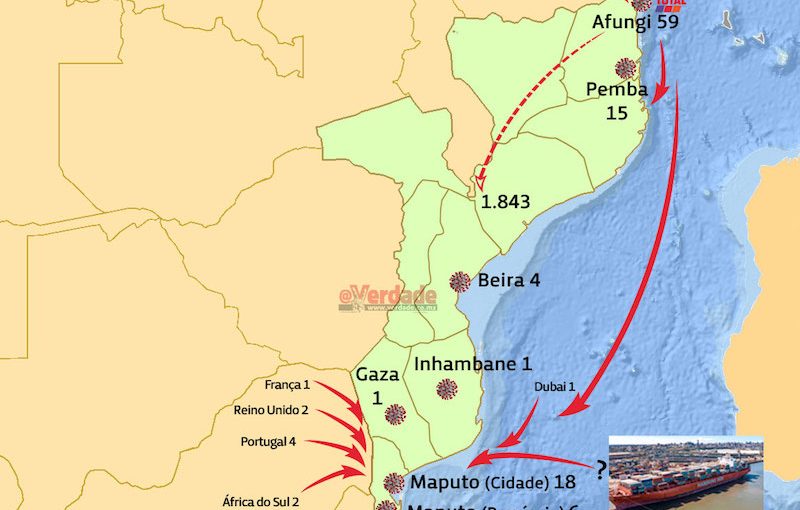
Image: A Verdade / Graphics by Nuno Teixeira
A new Covid-19 focus has emerged in Mozambique for the second consecutive day, this time in the province of Gaza, to where one of the Mozambicans repatriated from South Africa travelled on a bus with other passengers, all of whom were unaware of his health condition.
Yesterday, health authorities also revealed that the four new patients in Beira city were diagnosed at the Munhava and Ponta Gêa health centres (in Beira city), one of them a minor living in Dondo district.
ALSO READ: Just In: Three more test positive for Covid-19; two are Mozambicans deported .from South Africa.
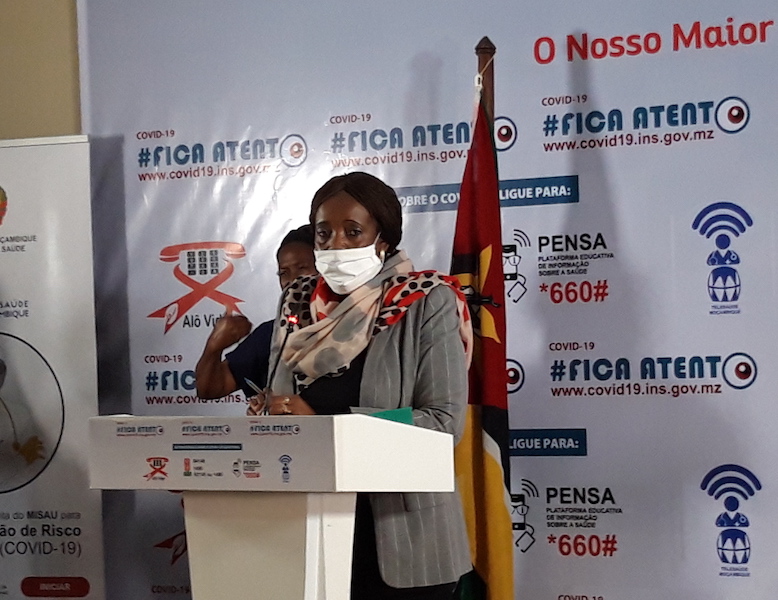
Between Monday (11) and Tuesday (12) the National Institute of Health (INS) tested over 192 suspected cases of Covid-19, 23 from Cabo Delgado province, the last Total workers in the camps in Afungi (all with negative results), plus two samples from Gaza province, 119 from Maputo province, mostly Mozambicans repatriated from the Republic of South Africa, and 48 samples from Maputo city.
The National Director of Public Health announced that one of the tests had come back positive for the new coronavirus, a 26-year-old male Mozambican from the group of Mozambicans repatriated from the Republic of South Africa. His sample was collected at the Manguaza Transit Centre in Moamba, Maputo province, but he travelled onwards before the results were known.
According to Dr. Rosa Marlene, the 104th person infected with the new coronavirus in Mozambique “has no symptoms and is therefore in isolation at home. At the moment, the process of mapping the case’s contacts”.
ALSO READ: Mozambique: One Mozambican deported from South Africa has Covid-19 – AIM report
Questioned by @Verdade, National Director for the Health Survey and Monitoring Area Sergio Chicumbe revealed that, although the 104th test was performed in Maputo province, the individual travelled on a bus to Gaza province. “Yes, it was a fact that this individual received the result in Gaza province, however the entire itinerary and route is known and this ensures that the two local health authorities, Gaza and Maputo province, are in interaction to ensure that there is no transmission in this process of sending compatriots to other destinations.”
Recalling that health personnel went to the Manguaza Transit Centre [in Boane, Maputo province] to collect samples from a certain number of individuals but were confronted with more returnees than they expected, Dr Sérgio Chicumbe explained that “there was epidemiological segregation, but also taking into account logistical factors. The people who had to go to other provinces were prioritised. However, the processing of samples takes up to 48 hours and these people, with the support of the other institutions involved in the management of disaster migration, are transported and located in other provinces under conditions defined by health authorities.”
New transmission chains reveal that the virus has spread to citizens of less affluent social classes
The Health authority clarified that the infected citizen, still unaware of the result, travelled to Gaza province “in transport organised in a multi-sectoral way, it is not an ambulance but it is a vehicle organised by the Mozambican state and with the participation of the local health authority”.
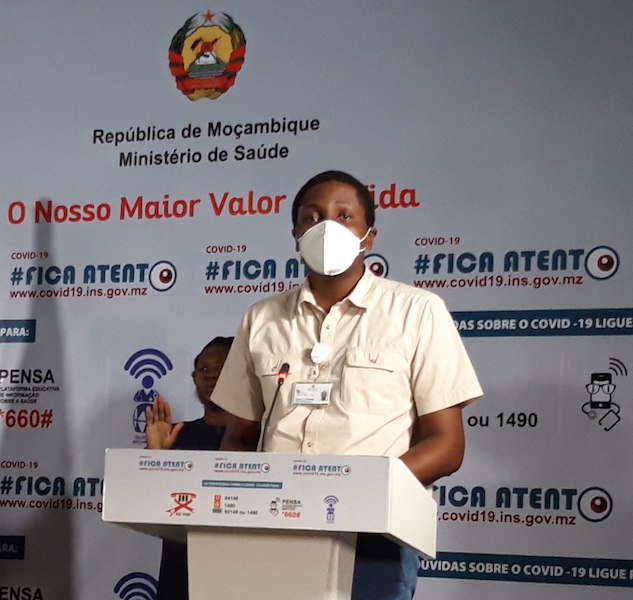
Dr. Chicumbe added that the collection of samples of those returning from South Africa was concluded this Tuesday (12th). “At this moment, when we are here, there are testing panels that are running at the National Institute of Health and we only bring the completed tests, tomorrow we will bring the conclusive information,” he explained.
Meanwhile, the health authorities revealed that the four patients diagnosed in Beira on Monday (11) were identified in the course of ‘active surveillance’ at the Munhava and Ponta Gêa health centres. One of them, a child under the age of 10, lives in in Dondo municipality.
The new transmission chains of the last two days reveal that the virus previously diagnosed in middle and upper class citizens has spread to citizens from less affluent social classes, for whom home isolation presents great difficulties, as also complying with the social distancing and other measures imposed by the government under the State of Emergency regulations designed to minimise the spread of the new coronavirus in Mozambique.
By Adérito Caldeira



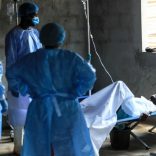
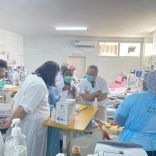


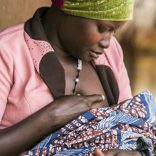




Leave a Reply
Be the First to Comment!
You must be logged in to post a comment.
You must be logged in to post a comment.